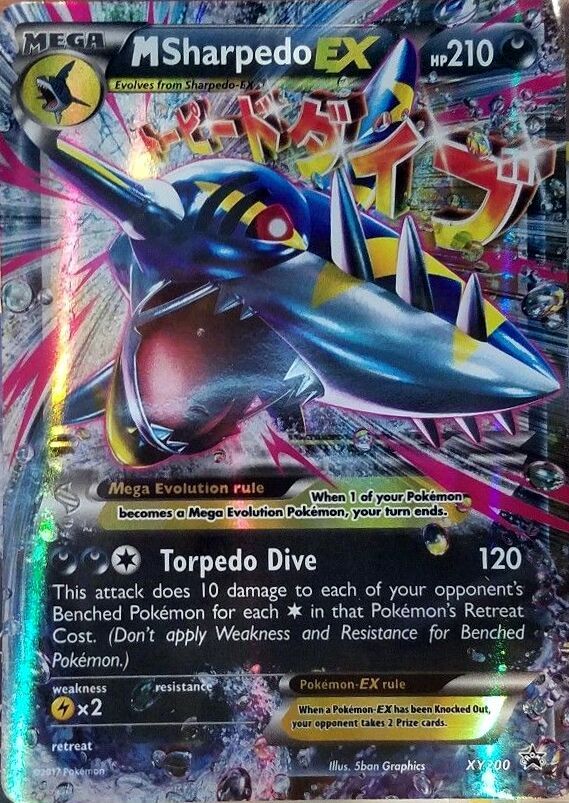
in "sharpshooter") probably derives from pre-existing positive senses of the word (as in "a sharp dresser", "sharp-minded", etc.) Īccording to the prevailing etymological theory, the original "shark" derives from German Schorke/ Schurke ("rogue" or "rascal") - the core meaning of both "shark" and "sharp" in this context has always been "dishonest person", not "expert" or "professional", a positive connotation that is modern and still not entirely accepted. The positive sense of "sharp" as a noun and compounding element (e.g. "Sharp" as a shortened noun arose in the late 18th c., and interestingly was already in wide use and taking on the positive definition by the middle 19th c., in stark contrast to "shark", which was still an entirely negative term for most people for another 50–80 years.

(possibly the 16th c., by which time the verb variant "to sharp" was already in use). "Sharker" led to the noun "sharper" and necessarily the back-formed adjective "sharp" by the late 17th c. "shirk" and the noun form "shirker", the meaning of which shifted over time to "malingerer"/"loiterer" and eventually to the Modern English meaning "one who avoids obligations or work").

variant (among others, including the 16th–17th c. As we will see below, "shark" actually inherited or borrowed this sense from "sharp", which had already obtained it approximately 70–80 years earlier (while also not losing its negative sense)! as a college slang term (for "good student who does not have to study hard"), but the "expert"/"ace" sense was not common in general parlance until the 1920s–1930s. Contrariwise, "shark" also began taking on gaming-unrelated positive senses in the early 20th c. it retained its negative meaning, and began appearing in compound terms such as "loan shark". After the fish became widely known, "shark" as a human-directed epithet took on renewed and even more negative life in the early 18th c., as term for thieves such as pickpockets. "cheat" and "fraud" as labels for people). "Shark" in the sense of "parasite", "one who preys upon others" (the origin of the name for the animal rather than vice-versa, according to the majority of etymological sources, with a few considering the matter indeterminate) has been used (along with the now-archaic "sharker") to mean "cheat" or "swindler" (not "skilled person") since the late 16th century (with "sharker" appearing slightly sooner than "shark" as a noun (a shortening process mirrored in other nouns, e.g. The terms are synonymous and have been for a very long time. "Card shark" is simply a colloquial, and non-notable variant of "card sharp" (though "shark" by itself predates such usage of "sharp"). There certainly are two meanings, but both terms share them. The separate Card shark article, totally unsourced, is simply flat out incorrect that these two terms are different and have exclusive meanings. Unresolved – Consensus of AfD debate was not to outright delete Card shark, so merge issue remains open.

This article has been rated as Low-importance on the project's importance scale. This article has been rated as Start-Class on the project's quality scale.

Gambling Wikipedia:WikiProject Gambling Template:WikiProject Gambling Gambling articles If you would like to participate, please visit the project page, where you can join the discussion and see a list of open tasks. This article is within the scope of WikiProject Gambling, a collaborative effort to improve the coverage of Gambling on Wikipedia. Sleight of Hand Wikipedia:WikiProject Sleight of Hand Template:WikiProject Sleight of Hand Sleight of Hand articles If you would like to participate, you can choose to edit this article, or visit the project page ( talk), where you can join the project and see a list of open tasks. Card sharp is within the scope of WikiProject Sleight of hand, which aims to improve articles related to sleight of hand on Wikipedia.


 0 kommentar(er)
0 kommentar(er)
